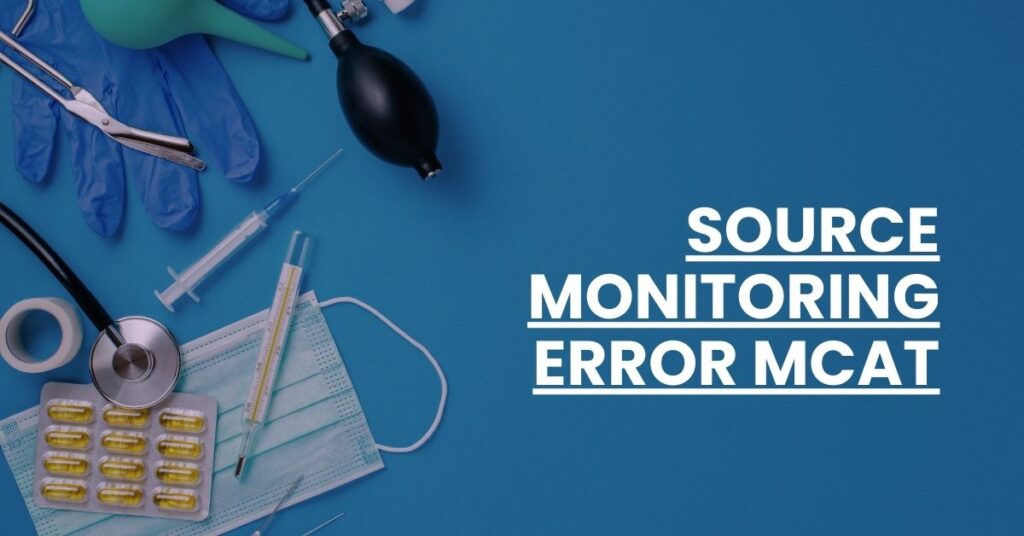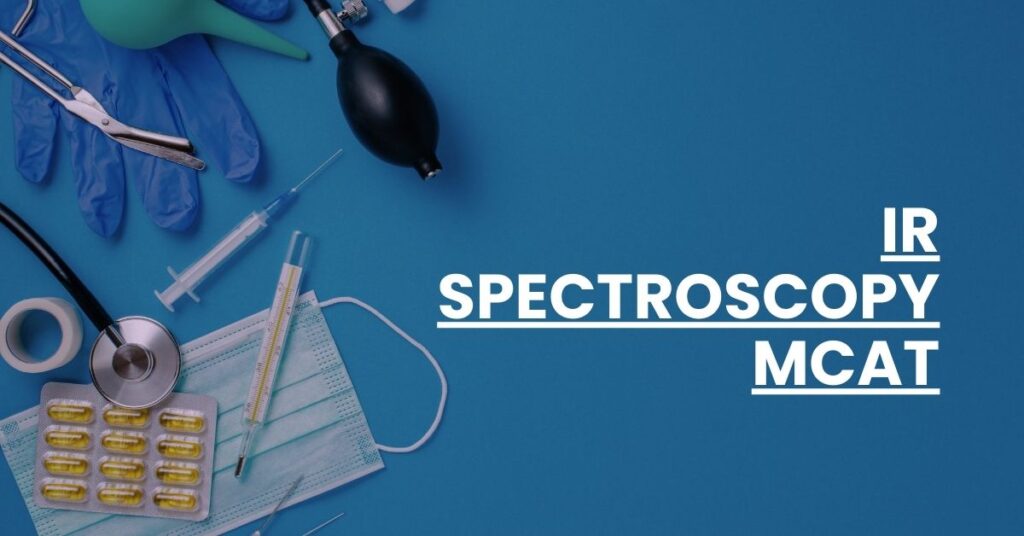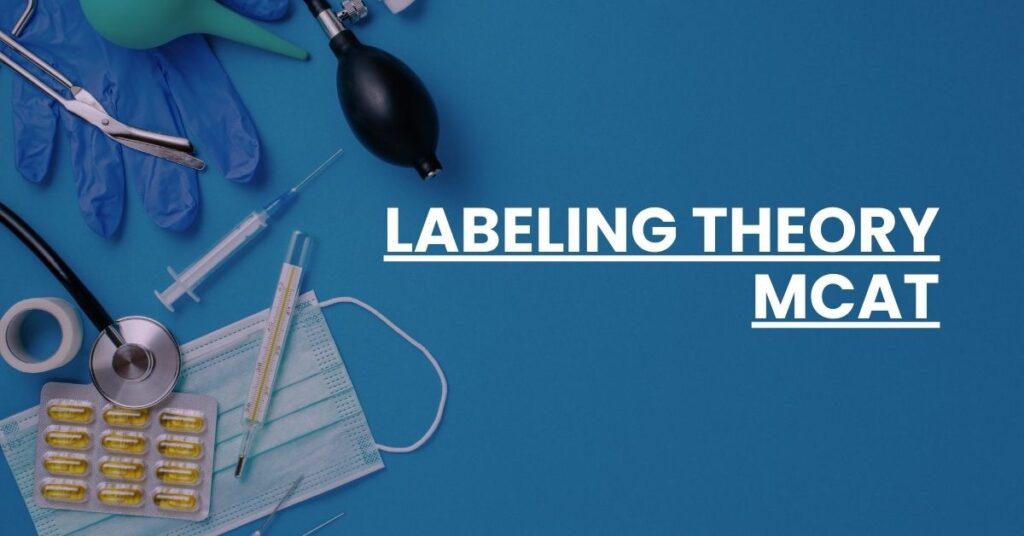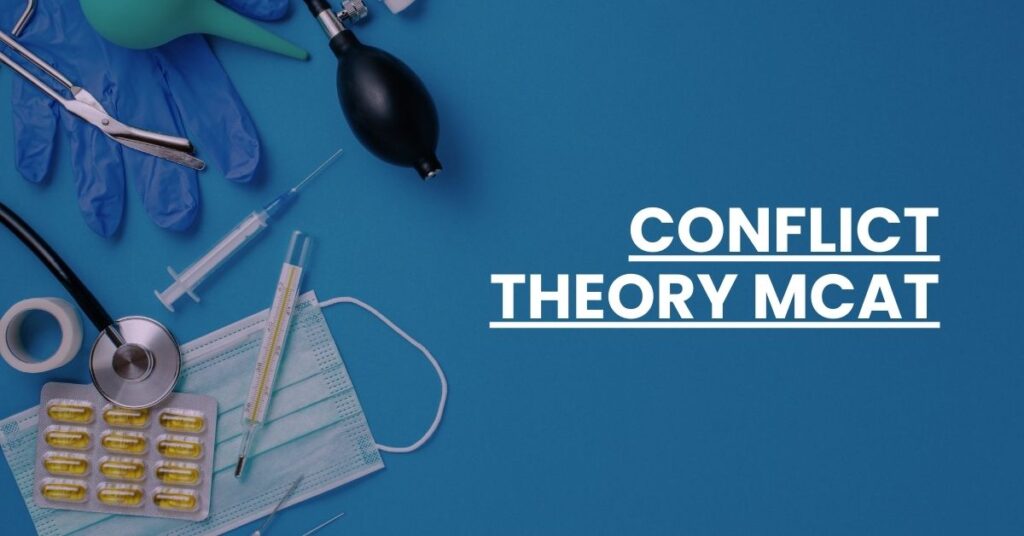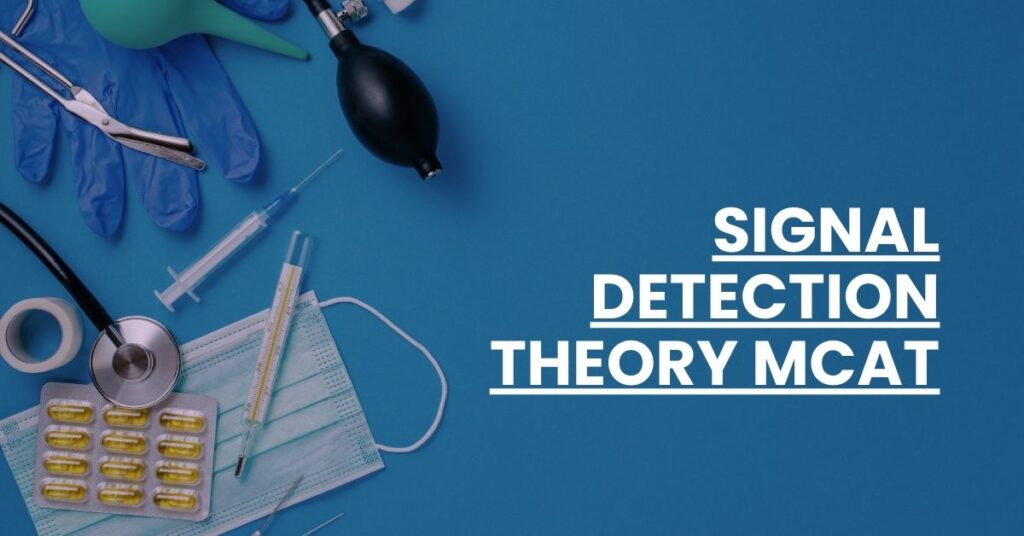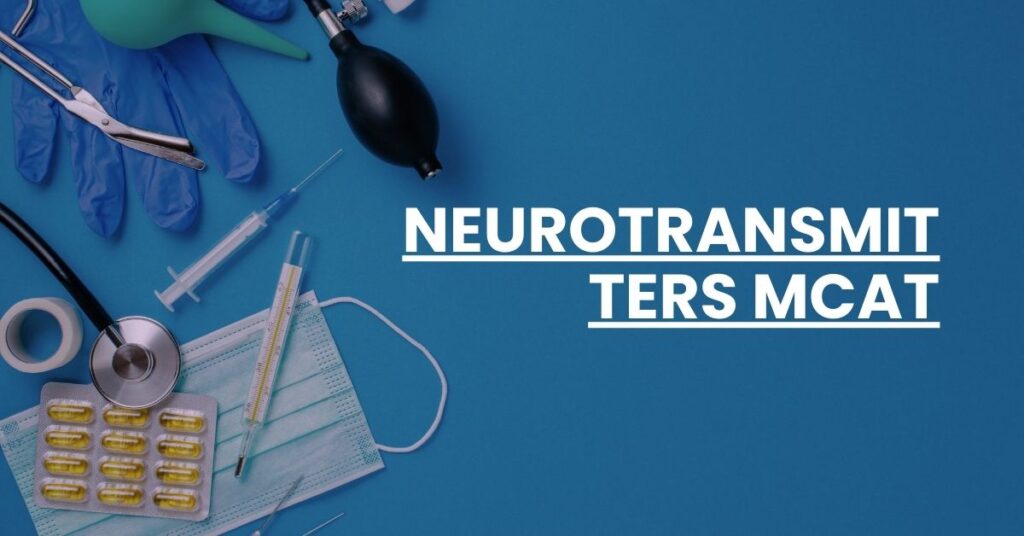10 Essential MCAT Lab Techniques Every Aspirant Must Know
Are MCAT lab techniques tripping you up? You’re not the only one striving to decode the complexities these essential procedures present. In this article, we swiftly untangle the vital laboratory methods you must master for the MCAT. Get ready to bolster your understanding and prep confidently with our succinct, expert-guided tour through these scientific staples. […]
10 Essential MCAT Lab Techniques Every Aspirant Must Know Read More »

